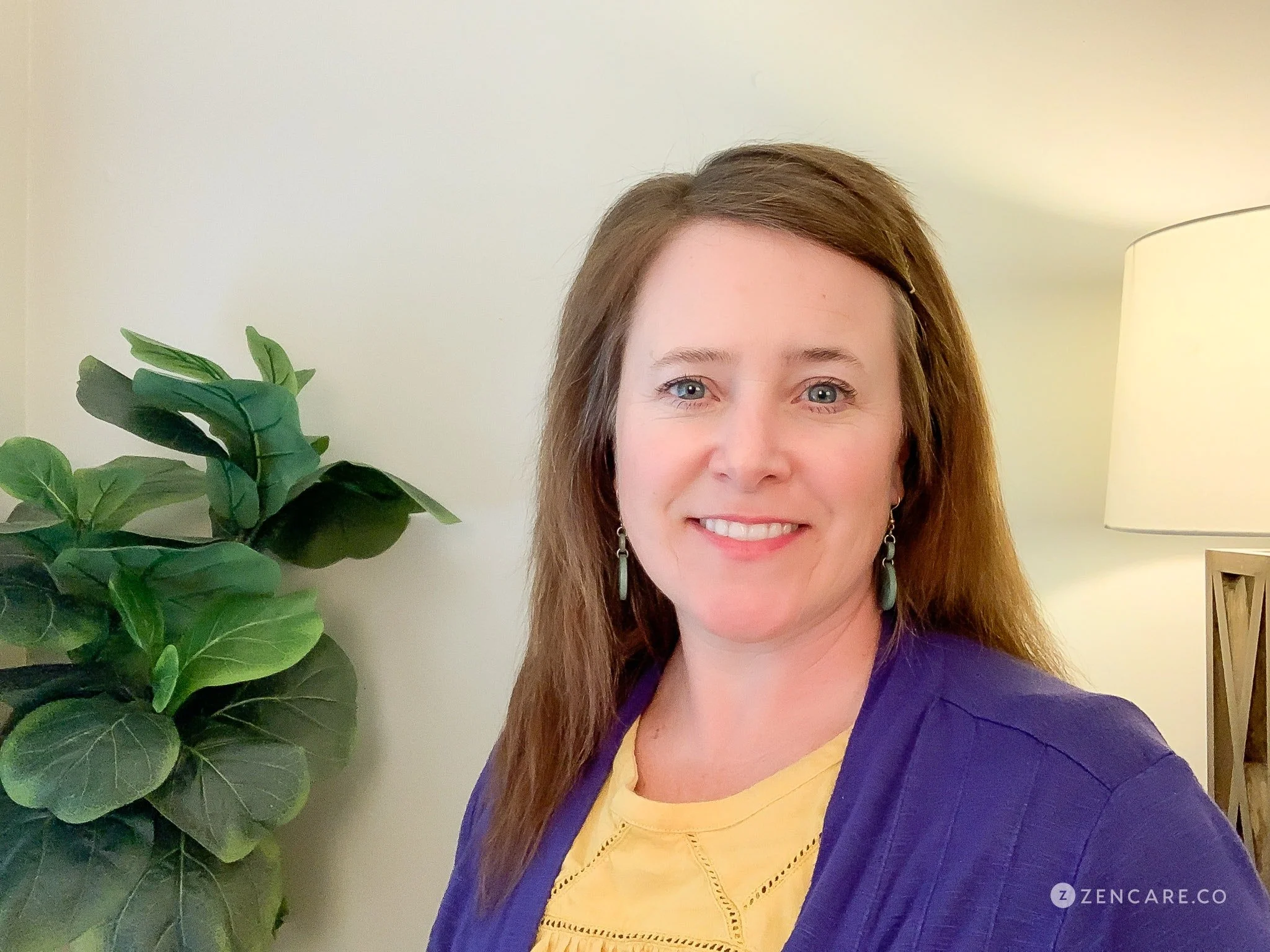Welcome to confidential therapy and support.
I am Kate Williams, a Licensed Clinical Social Worker living in the Northwest.
I am a certified trauma professional and grief specialist with over twelve years of experience working in a variety of settings including primary care, outpatient substance abuse treatment, community-based mental health, school settings and private practice.
In the past I have worked as a high school teacher, coach, environmental educator, and research assistant.
Whether you want help with depression, anxiety, relationships, transitions, mid-life issues, or generally improving self-esteem and confidence, I am here for you.
My specialties include: EMDR, trauma and grief and loss.
I am aware of my own privilege and remain conscious of that both in my work and my personal life.
I am committed to learning about the lives and experiences of others and supporting all people including those marginalized due to gender, sexuality, ethnicity, race, religion, or spirituality.
I use secular and evidence-based methods in the context of a person’s unique spiritual beliefs.
I do not use AI bots, video recordings, or chat GPT.
-
BS - University of Wisconsin, Madison
MSW - University of Southern California
-
Licensed Clinical Social Worker in OR, ID, CA, TX, WA, WI, & NV (voluntarily inactive). Florida telehealth registration.
You can verify my licenses here.
-
Original LCSW license 2017
EMDR certified by EMDRIA, verify this certification here.
The Flash Technique & EMDR
Advanced Flash Technique
Dr. Sue Johnson's Intensive Course in Emotionally Focused Therapy: Attachment-Based Interventions for Couples
Working with Couples with EMDR
Gottman Method Couples Therapy Level 1
EMDR Therapy with Children and Teens via Telehealth
EMDR and Grief
Bereavement Groups
Advanced Grief Counseling Specialist (CAGCS) Certification
Ego-State Therapy Interventions to Prepare Dissociative Clients for EMDR
The Many Layers of EMDR: A Somatic & Attachment Focus (SAFE)
EMDR Addiction Protocols
Polyvagal Theory: Pathways to Stillness with Deb Dana
ACT for Anxiety and Depression
ACT for Trauma
Types of Therapy
-
EMDR
Eye Movement Desensitization and Reprocessing (EMDR) involves being led in simple eye movement or tapping exercises to reduce distress.
EMDR is structured, customizable and involves less talking. You can learn more about EMDR here.
-
Flash Technique
Similar to EMDR, Flash Technique uses tapping and blinking exercises to reduce disturbance of distressing memories and experiences.
Flash is often used prior to EMDR, but can also be used as a stand alone therapy.
-
ACT
Acceptance and Commitment Therapy (ACT) focuses on increasing one’s awareness around thoughts, feelings and behaviors. ACT helps identify values and commitments that help support a meaningful life.
It involves both talking and experiential exercises and tools.
-
Mindfulness
Mindfulness is a way of noticing. Similar to strengthening a muscle, we can train our brain to notice more and by default bring oneself to a more present state. Mindfulness exercises range from formal meditation practice to simply bringing attention to each of your five senses.
Just need to talk? I’m ready to listen.
Talk therapy provides a safe place to share, express, and get clarity around what you think or feel. It can help you learn about and make sense of what you are experiencing.
Saying things out loud can help you understand what you want in life, and create the steps you need to get you there.
We will figure out what is best for you and work at your pace

